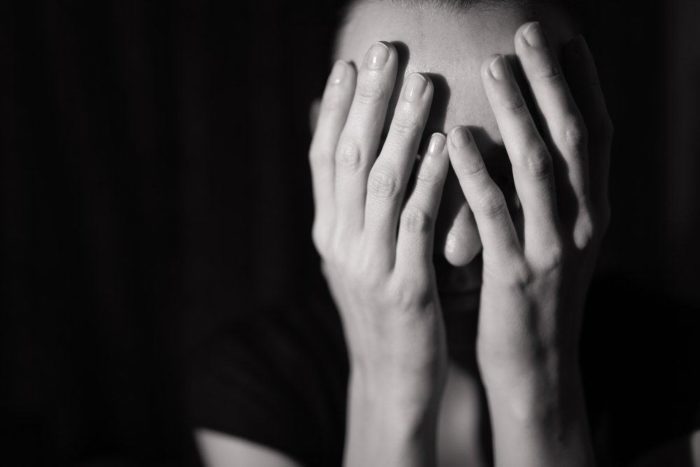Contents:
- Medical Video: 15 Weird Phobias That Actually Exist
- What is a phobia?
- What is trauma?
- So, what is the difference between phobia and trauma?
- According to the symptoms it causes
- The appearance of symptoms
Medical Video: 15 Weird Phobias That Actually Exist
Phobias and trauma both cause anxiety and fear. Both of these conditions also lead to truly uncomfortable anxiety. So, how do you tell the difference?
What is a phobia?
A phobia is a reaction of excessive fear, uncontrolled, and senselessness accompanied by a strong desire to avoid objects, people, activities, places, and certain situations. People with phobias usually realize that their fears don't make sense, but they can't do anything about them.
Phobias are usually caused by certain events that eventually lead to excessive fear later on. However, not only that, genetic and environmental factors can also cause a person to experience a phobia.
What is trauma?
Followed by the American Psychological Association, trauma is an emotional response to various frightening events such as accidents, violence, rape, or natural disasters that have been experienced. Usually this condition is immediately experienced right after the event.
Trauma causes long-term effects and reactions such as unpredictable emotions, a shadow of a frightening past event, and physical symptoms such as headaches to nausea. People who experience trauma often experience difficulties to continue their lives back to normal as usual.
So, what is the difference between phobia and trauma?
Although both cause excessive anxiety and fear, phobias and trauma have quite a few basic differences.
According to the symptoms it causes
Although fleeting phobias and trauma look similar, there are still some underlying differences.
Symptoms of phobias
- Stuttering
- Dizzy or kliyengan
- Nausea
- Sweating
- Heart rate increases rapidly
- Hard to breathe
- Trembling
- Stomach ache
- Having excessive anxiety
Symptoms of trauma
- Shock
- Insomnia or frequent nightmares
- Easy to be surprised
- Heart rate increases
- Daze and difficulty concentrating
- Irritable and sensitive
- Having excessive anxiety and fear
- Feel sad and hopeless
- Feeling guilty, ashamed, and blaming yourself
- Withdraw from the environment
Although the causes and symptoms of trauma vary, there are some basic symptoms that you can pay attention to. People who have traumatic experiences will appear to be shaken and lose their way. They may not respond to the conversation as they should. In addition, trauma victims usually experience excessive anxiety almost all the time.
Whereas in phobias, these symptoms do not appear continuously, but only when someone experiences a situation or encounters something that is considered a phobia.
The appearance of symptoms
People who are phobic about something will only experience various symptoms if they make contact with a source of phobias. In some people who experience a severe phobia, just thinking about the source of a phobia can even make them feel panic and fear.
While in trauma, usually these memories and thoughts are always attached without being released. Every day you can imagine the bad things that you have experienced and finally always shrouded in fear and anxiety so that your quality of life also decreases.
However, dealing directly with events that remind you of trauma will worsen the symptoms that will arise.













